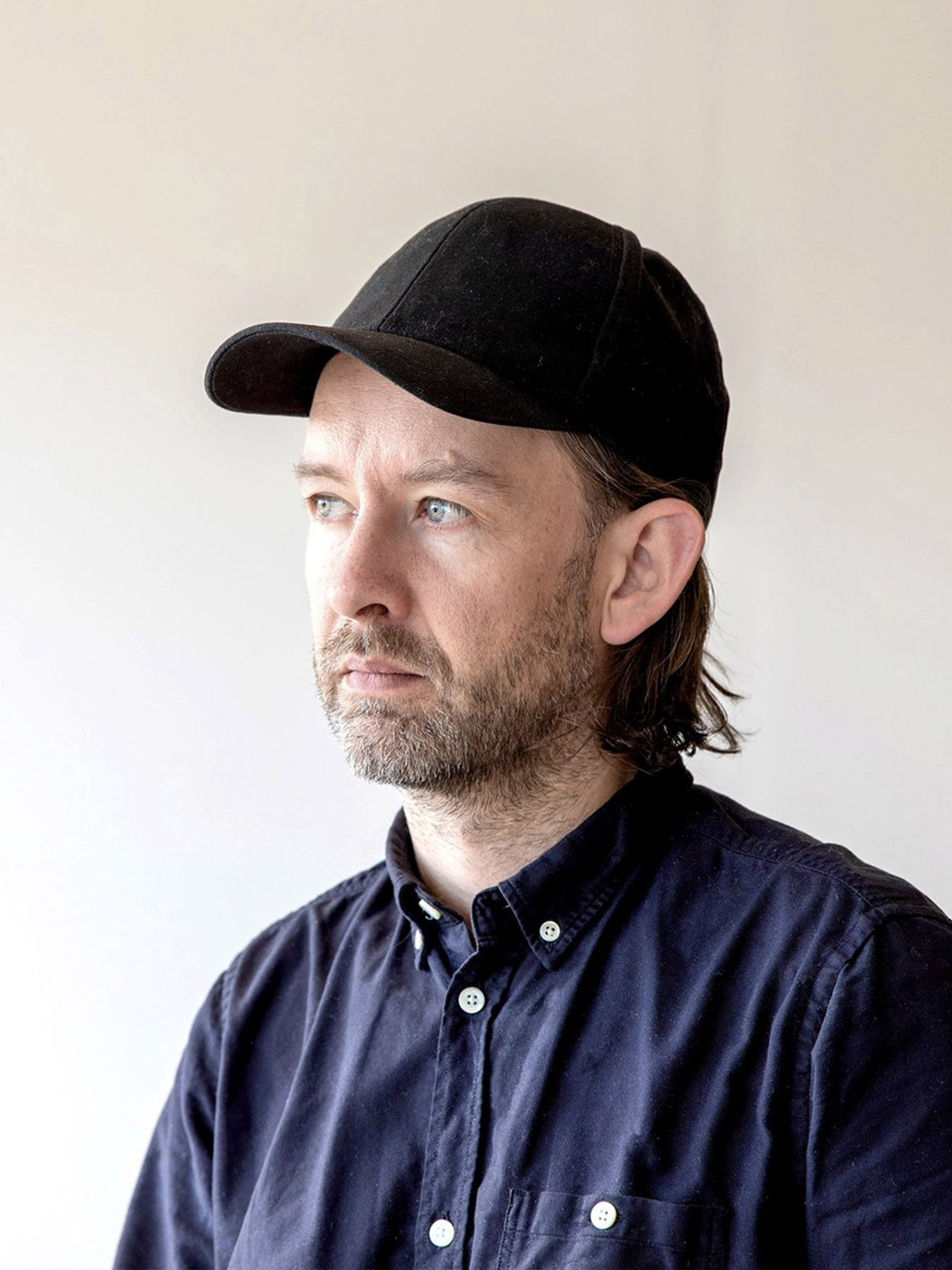
Alexandra Gerber is a Swiss-French designer based in London. She obtained a Bachelor's degree from the ESAD School of Art & Design in Strasbourg and a Master's degree in Product Design from ECAL in Lausanne. She previously worked for Tom Dixon where she led large-scale brand partnership projects, including projects with Adidas and Ikea. She founded her own studio in 2016.
Alexandra Gerber Studio is driven by functionality and innovative materials. The studio creates products and installations that are engaging and adaptable, to ensure they remain relevant throughout time. She works for furniture and lighting brands, fashion labels, consumer product brands and galleries, with clients like NINE, Hay, Eternit, Alyx and Selahatin, and galleries like Okro and Second Nature.


Tom and Will Butterfield are the creative duo and brothers from London who launched their multidisciplinary design studio in 2020.
They are always striving for unique and exciting ways to create better solutions without the fuss. They find the materiality is essential in the understanding and purity of an object.
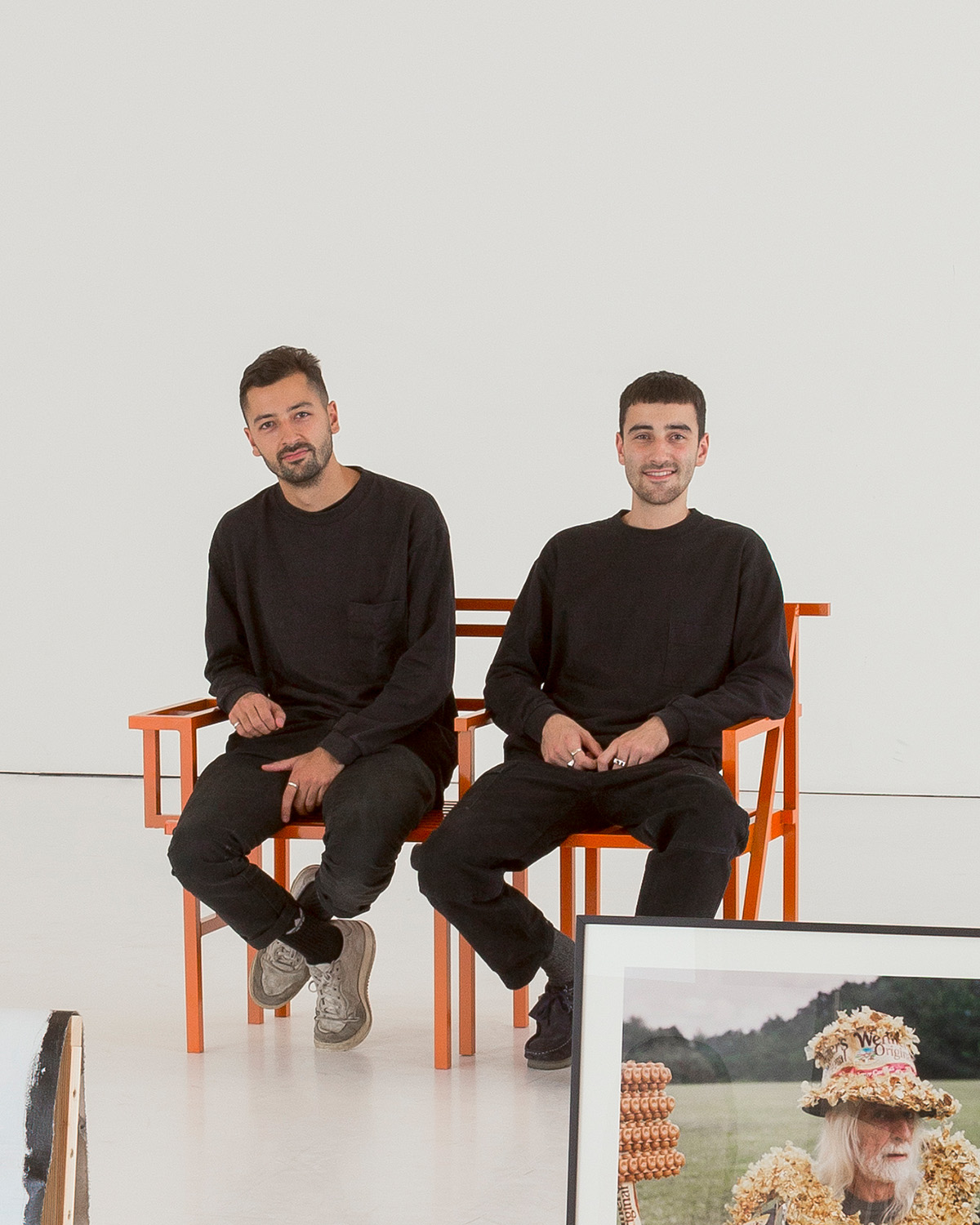

Trained in graphic design and carpentry, and based between London and Copenhagen, Dan’s approach to design finds beauty in simplicity.
Whilst exploring materials and industrial processes, his work searches for reason, and places emphasis on what is essential. The outcome of this approach is original, charming and meaningful products that aim to last, and make life that bit better.


John Tree is a London-based designer with a focus on simplicity and economy. His award-winning designs reflect a deep understanding and engagement with manufacturing processes. John's pared-back approach often reduces pieces to their essential elements, resulting in crafted yet industrial designs with a refined function and essential simplicity that seek to drive longevity.
With a background that includes working at both Sony and Jasper Morrison's design offices, John established his own practice in 2016. His studio works with clients in the furniture, lighting, and electronic industries.
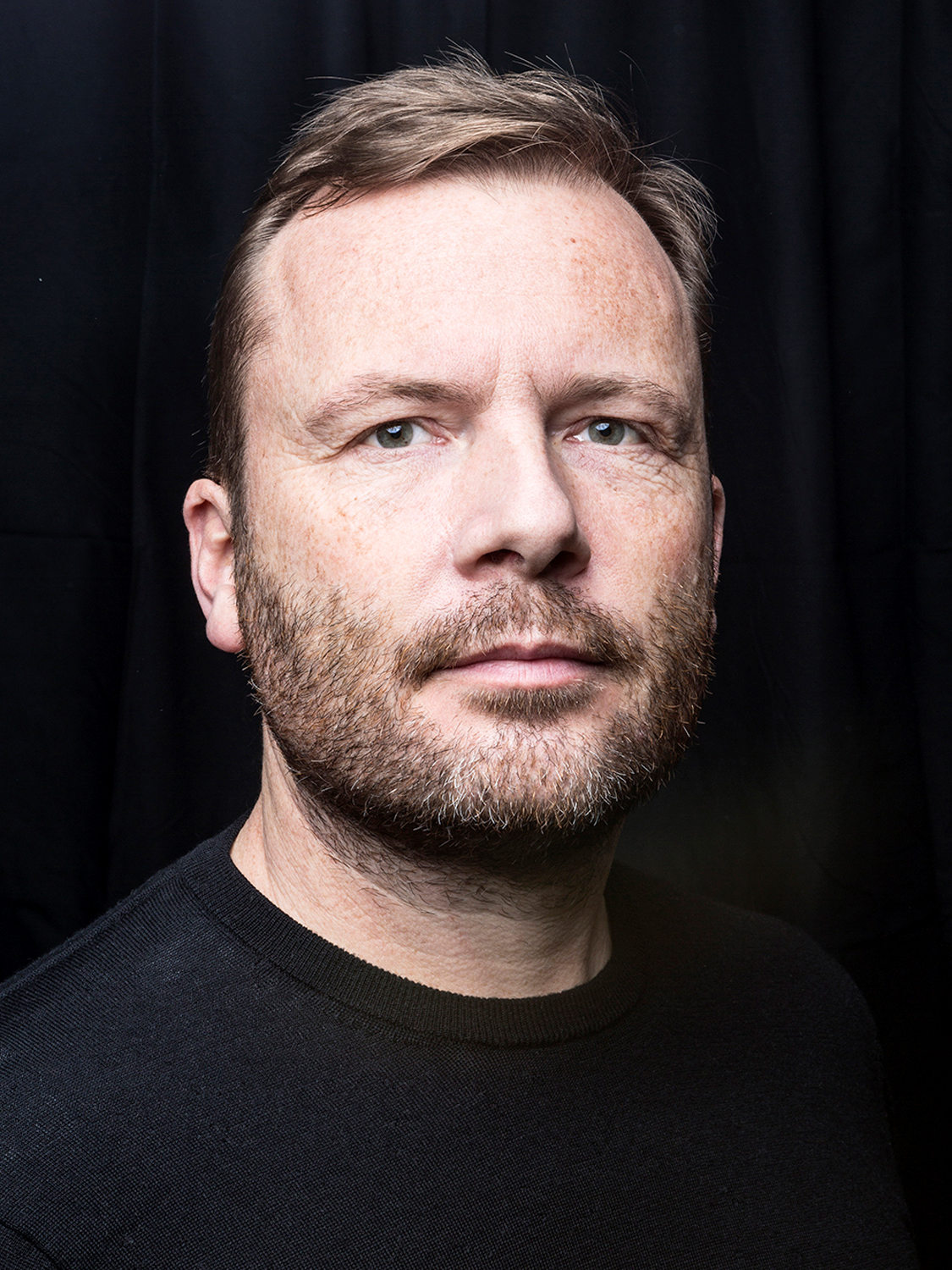

Julien Renault is a multidisciplinary designer who grew up outside of Paris. He attended Reims School of Art and Design in France and ECAL in Switzerland. Based in Brussels, his work encompasses product design, interiors and photography.
Julien’s work demonstrates a strong awareness of the interconnectedness of objects and their surroundings. Convinced that all objects have a sub-conscious effect on our daily lives, he finds inspiration everywhere and he is not afraid of beautifying the ordinary.
Renault’s studio is steadily growing thanks to long-term collaborations with brands such as Cruso, Hay, Hem, Kewlox, Massproductions, Mattiazzi, Stattmann and now NINE.
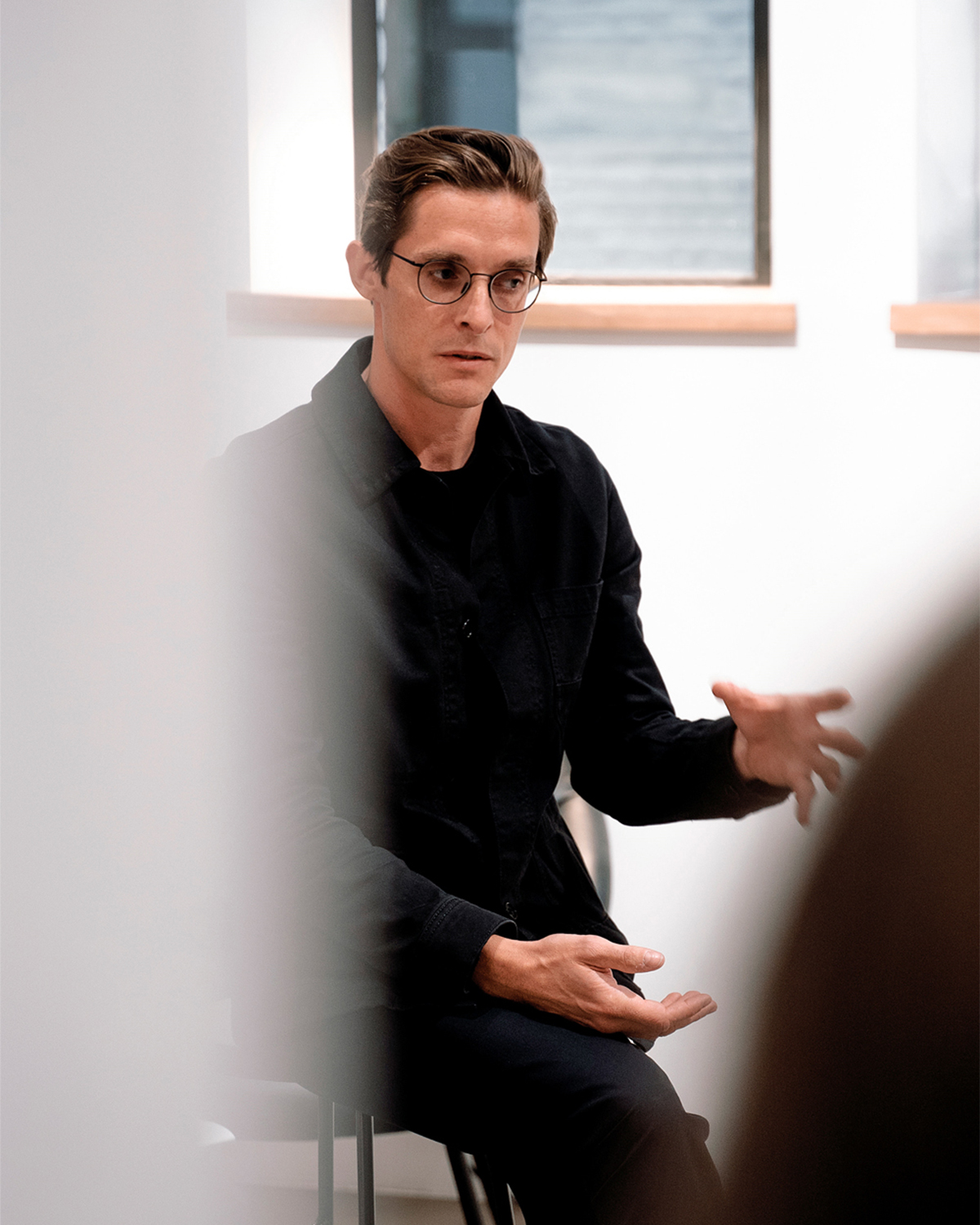

Keiji Takeuchi was born in Fukuoka, Japan, but spent most of his youth in New Zealand, where he studied product design. He worked for Naoto Fukasawa in Tokyo and later moved to Milan to set up Naoto’s European office. He established his own studio in Milan in 2015.
During Salone del Mobile 2023, Giulio Cappellini selected Keiji amongst ten international designers and curated a show: Stars of Today, which was exhibited at SuperStudio. Keiji collaborates with various international brands such as Boffi, De Padova, Living Divani, Geiger / Herman Miller, Ligne Roset, Cruso, Fredericia, Ichendorf, Jaxon Koen/Lixil, e'interiors, NINE and others.
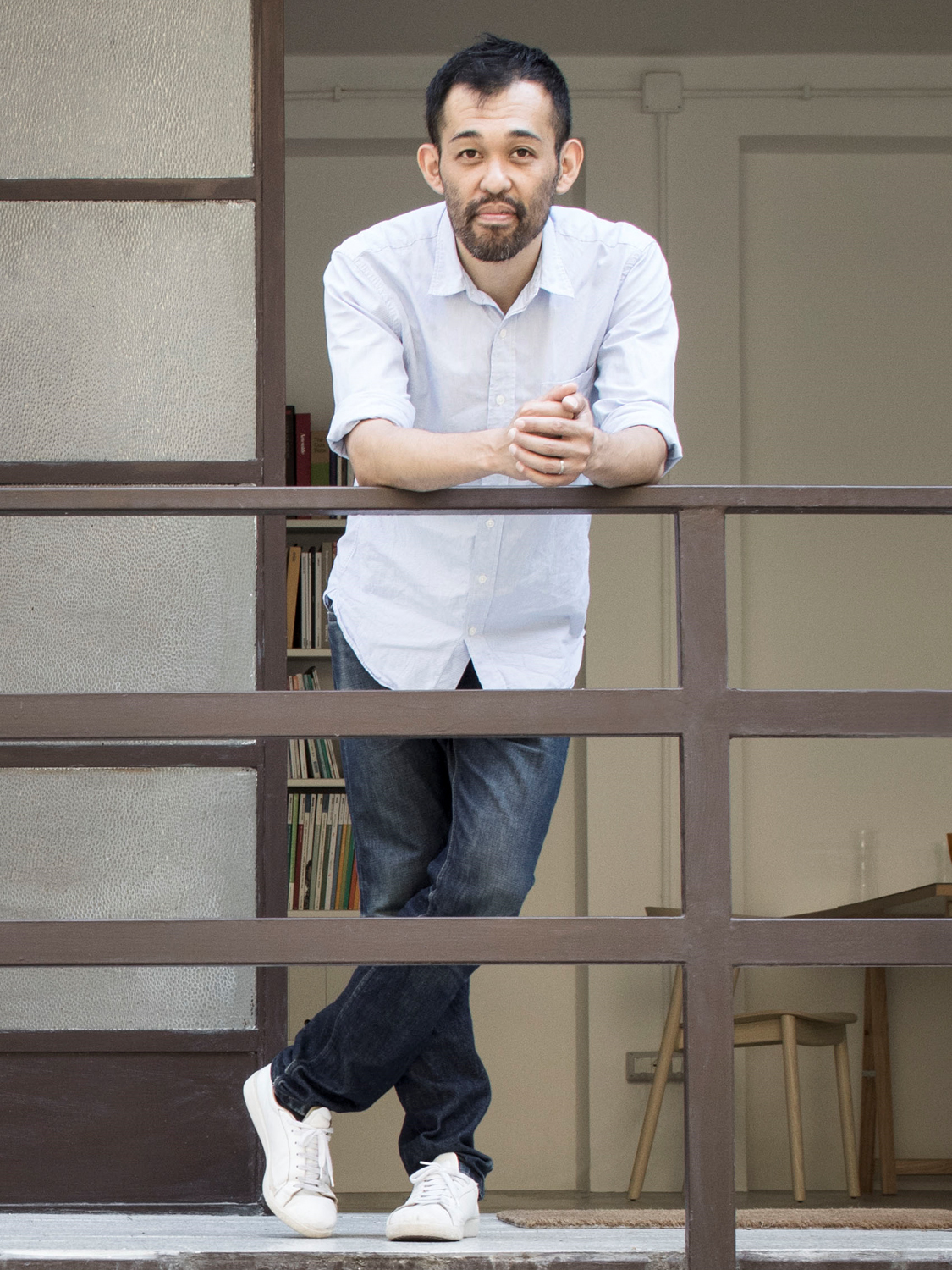

Lennart Ebert is an up-and-coming designer from Düsseldorf, Germany. After a carpentry apprenticeship, he studied Product Design at Designkrefeld. He now works for the renowned design studio kaschkasch in Cologne, in addition to his own projects.
His designs are a dialogue between clear function and sustainable aesthetics, which create a practical and emotional impact. Interdisciplinary observations and interaction with everyday life serve him as inspiration.
He founded his own studio in 2019 and has exhibited twice at Salone Satellite, winning the prestigious Red Dot Award in 2020.
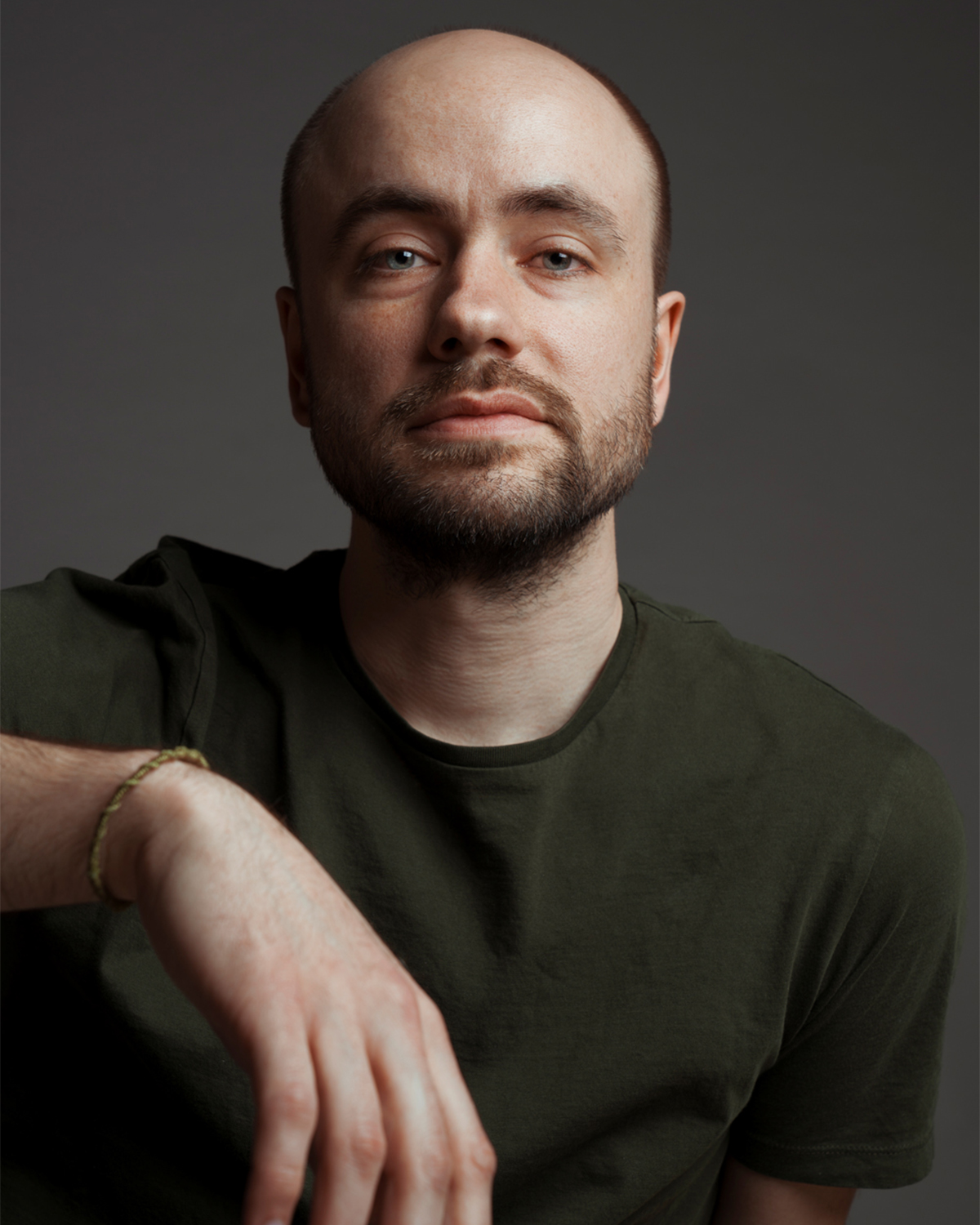

Matteo Fogale was born in Montevideo, Uruguay, and moved to Italy in 2001, where he studied at the Art School Leonardo da Vinci and IUAV University of Venice. He went on to work with design studios like Patricia Urquiola, Nichetto & Partners, Barber & Osgerby, and MAP Project Office.
He is now based in London, where he established his own brand brose~fogale with Joscha Brose in 2013, and launched a collection of furniture and products in collaboration with Laetitia de Allegri in 2014.
He has since collaborated on projects with The Aram Gallery, Miksi Rugs and The Office Group, as well as curating the Uruguay stand at London Design Festival and lecturing at several schools in the UK. He has designed products for Carl Hansen and Son, &Tradition, Sutherland, Woak and NINE.
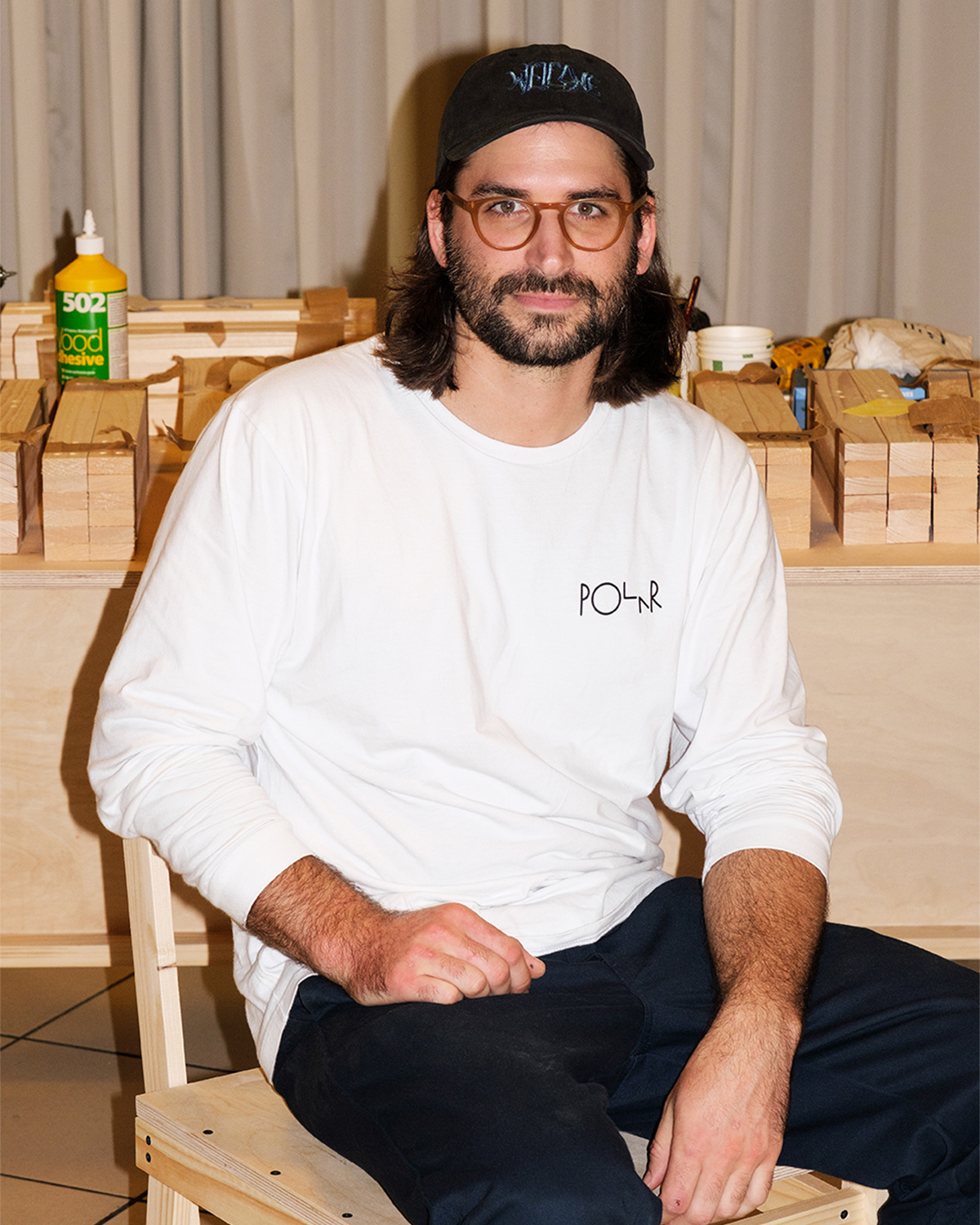

Note Design Studio was founded by Johannes Carlström and Cristiano Pigazzini in 2008. Known for their collaborative spirit, the Stockholm-based collective is responsible for a wide range of design work that spans architecture, interiors, furniture and more.
As a multidisciplinary studio, Note Design Studio shies away from one clear visual identity. Functionality, however, is at the heart of every creation. In order to find the right expression, proportions and materials for each piece, it is imagined in a variety of settings and used for a range of needs. The deep commitment to function is enhanced by subtle details that elevate an everyday design into something exceptional.


Tim Rundle is an Industrial Designer based from Aotearoa / New Zealand. After a formative period working for a number of industry leading design businesses in London, his own practice, Tim Rundle Studio, was formed in 2015, and now works with an international client roster from it's base in Tamaki Makaurau / Auckland.
With experience across furniture, lighting, homeware, technology and transport, the studio's work is driven by context and has grown to focus on the design of products and systems that exist at the intersection between architecture and its inhabitants. A preoccupation with simplicity, improvement and the pragmatic application of creativity; combined with a rigorous and knowledgeable approach to the technical aspects of materials and manufacturing leads to results that are, at the same time, useful, engaging and relevant.
